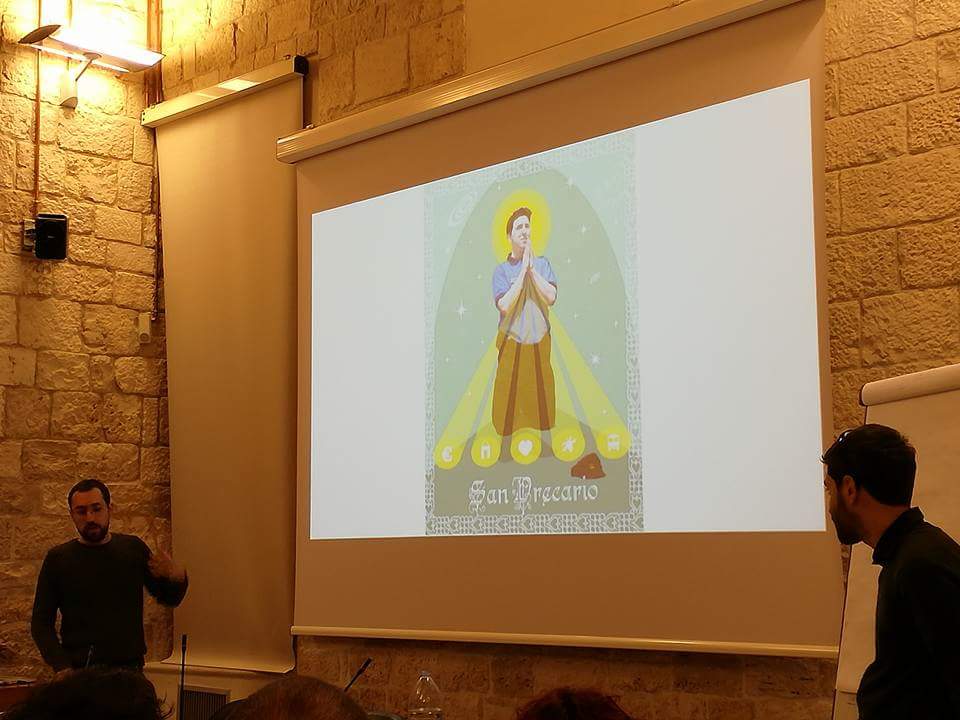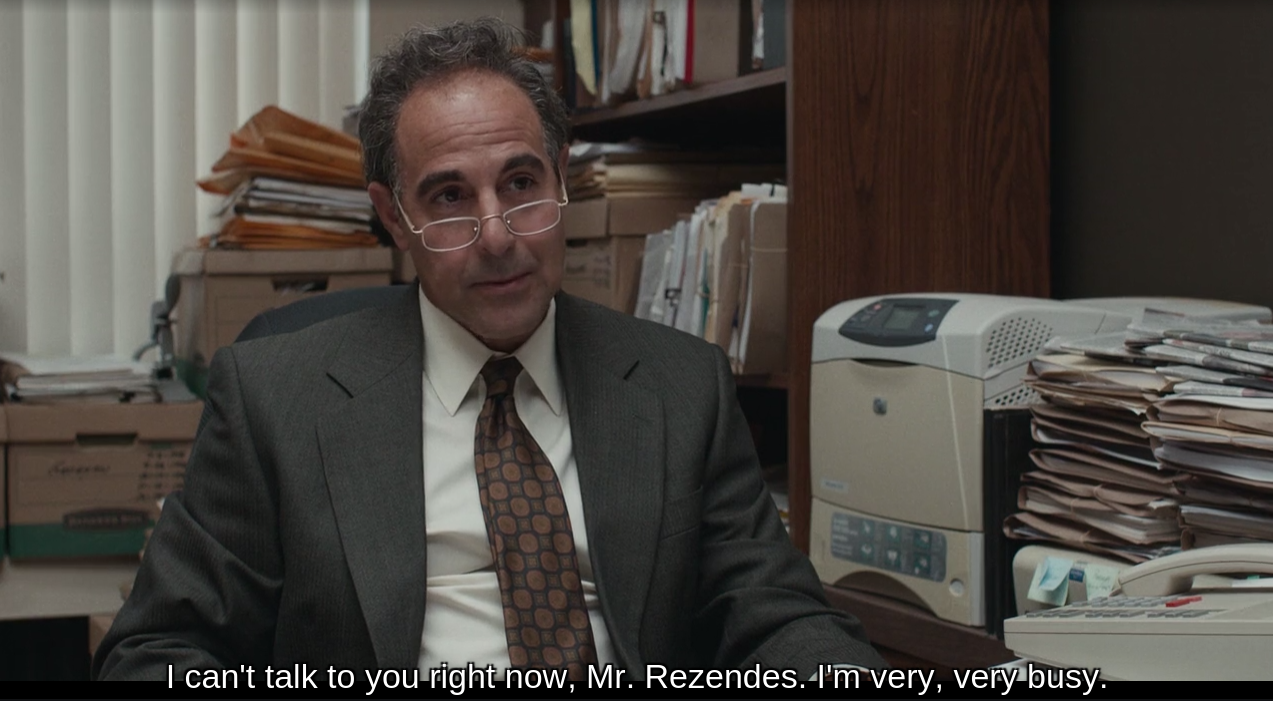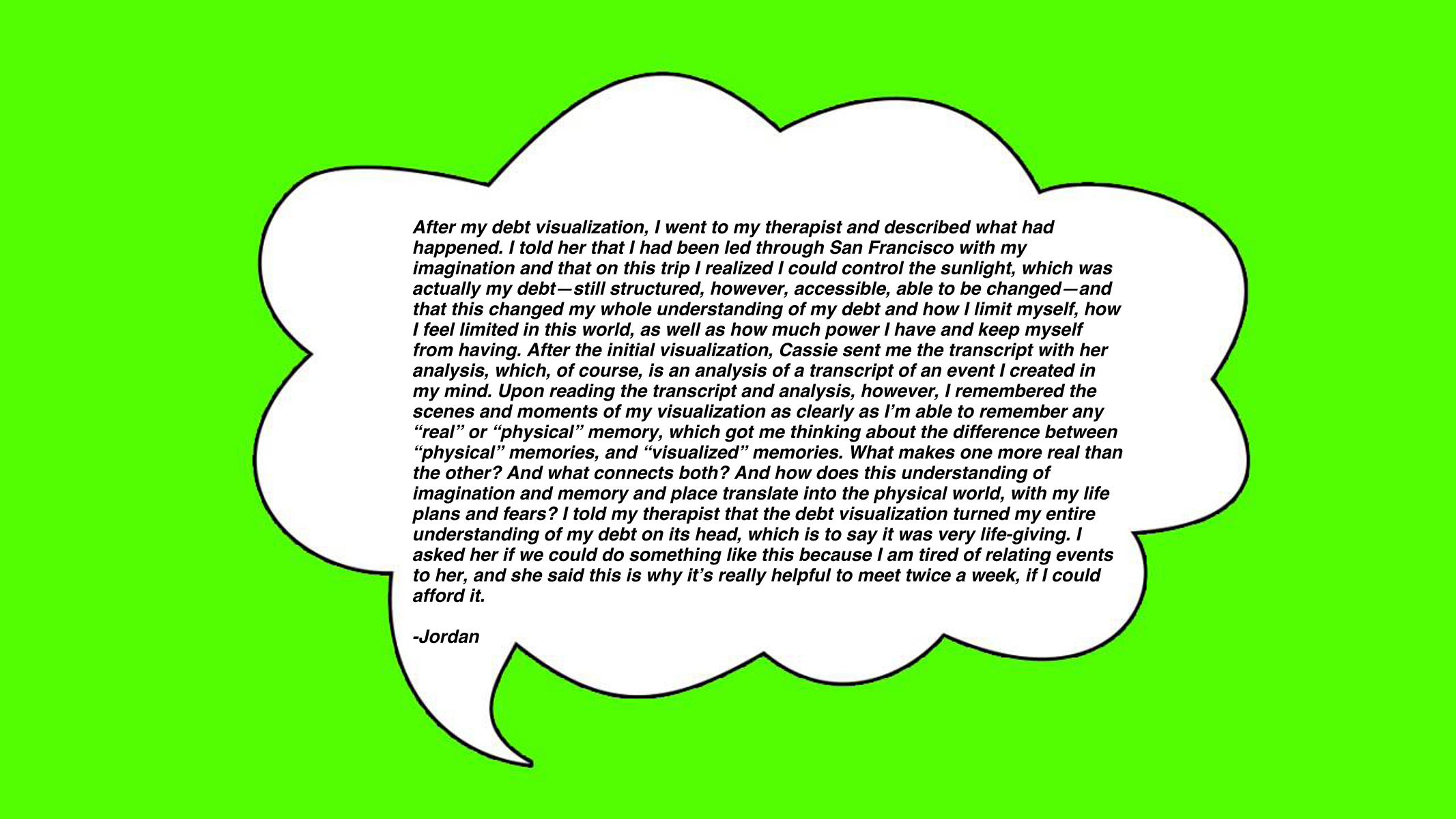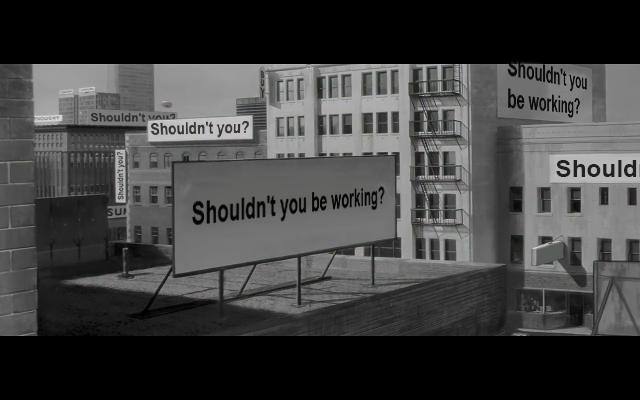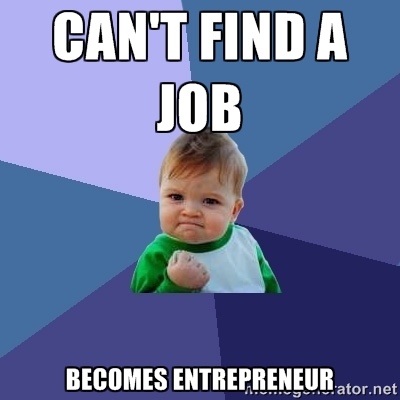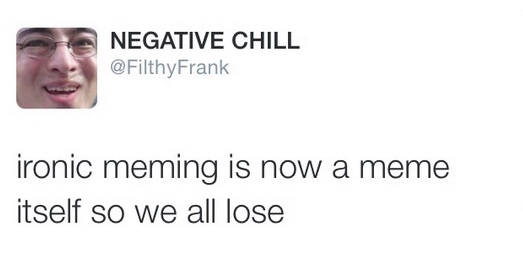
A few days ago, at La Scuola Open Source, one of the things I discussed was the relationship between irony and precarity. Since it’s a common artistic rhetorical tool, questions about irony are frequent. Whenever this happens, I think of two opposite arguments about it. The first is by Mark Fisher, who in Capitalist Realism identifies irony as the typical expression of the post-modern condition, in which there is no way of engaging with societal issues. The second is by Franco ‘bifo’ Berardi, who in Heroes declares that irony must oppose the tragic seriousness of life under semiocapitalism.


